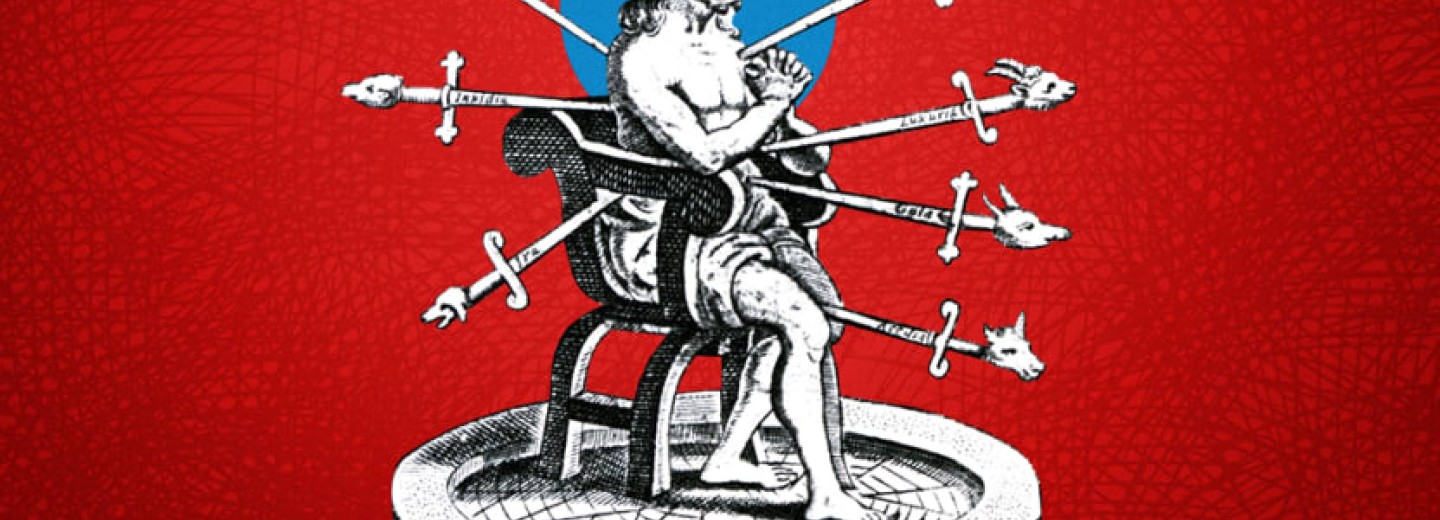Seven deadly sins – cancelled
One of my favourite friends, J, is a world-class life coach. She is at the top of her profession, helping anyone who needs her skills to deal better with their problems, re-shape their lives and be happier. She is incredibly good at what she does, very successful and has thousands of grateful clients. People from all walks of life and all levels of society have benefitted from her work.
I wonder if J realises that she is a contributor to the most profound cultural change in the western world in centuries. Here is my, somewhat light-hearted, take on sin.
Background
The Seven Deadly Sins have defined immoral behaviour for centuries. First identified for Christians by Pope Gregory (the Great) in the 6th century, the Seven Deadly Sins have formed part of religious education ever since. The sins are pride, greed, lust, envy, gluttony, anger, and sloth. People should practise the seven corresponding virtues and avoid the sins to be good members of society.
Most education laid emphasis on not committing any of the Seven Deadly Sins. Anyone under the age of 50 who was taught in a Christian curriculum will have learned them. These sins transgress the laws of God. Sinners are punished by an afterlife in Hell; the virtuous spend their afterlife in Heaven. Not only that but, by committing a sin, you are a bad person. Bad people feel guilty. Guilt makes you unhappy. To be happy, go – and sin no more.
Sorry Pope G, you got it all wrong. We have obeyed your rules for centuries. But morality today ain’t what it used to be.
Paradigm shift
Since 1960, we have abolished sin. The deadly sins are no longer sinful. Some are actively encouraged. No-one needs to feel guilty ever again. How come? Let us look more closely at each of the Seven Deadly Sins.Pride – is the most serious of the Seven Deadly Sins.
Pride is selfishness, the putting of one’s own desires, urges, wants, and whims before the welfare of other people. It can also mean believing that one is better, or more important, than others. But look what the gurus say today about ‘authentic’ pride:
Almost every coach, psychologist and writer today believes that healthy pride is, well, healthy.
Greed – is an extreme desire to acquire or possess more than one needs, especially material wealth. Like pride, love of money leads to not just some, but all evil. Some people (wrongly) believe that Margaret Thatcher promoted greed in the UK. So did Gordon Gekko in the fictional “Wall Street”.
Lust – needs no definition. It is no longer a sin but necessary ‘fun’ and excitement. These days we even have apps and websites to help us be as lustful as we choose.

Envy – is a ‘sad or resentful covetousness towards the traits or possessions of someone else’. Envy is still seen as undesirable if it makes you sad. Yet it has defenders too:
Envy is clearly no longer a sin.
Gluttony – is the overconsumption of anything to the point of waste. In the UK in 2020, 67% of men and 60% of women are overweight; this includes the 26% of men and 29% of women who are obese. In the UK, victims of about three million violent crimes each year, or about a quarter of all violent crimes, perceived the offenders to have been drinking heavily.

The outcry against both obesity and over-use of alcohol is related to the cost of health care and policing. Gluttony is undesirable if it leads to damaging consequences for society. But it can no longer be a sin if more than half the UK population feels happy that way. And the most important thing today is to be happy, isn’t it?
Wrath – anger. Today, anger is seen as normal and even necessary:
Getting angry is no longer a sin for which we should feel guilty.Sloth – is hard to define. (My spell checker did not recognise the word). It can be a state of mind that gives rise to boredom, apathy, or inertia.
Sloth can be a failure to do things that one should do. Another word might be laziness.

Most coaches and wellness gurus argue that we should all relax more and take time off. ‘Me time’ is essential. Even God ordained six days for work and one for rest! So how did sloth become one of the Seven Deadly Sins?
One religious publication gives the answer:
My analysis
To be fair, The Seven Deadly Sins have not completely disappeared. But most modern thinkers find ways to make them acceptable. Maybe, with the explanation of sloth, we have one of the key reasons why we have abolished sin. Sinning is breaking the laws of God. We may sin, because we are human, but we should feel guilty and pay a penalty for it.
Feeling guilty, we are told, is a cause of anxiety, depression, and unhappiness. I am no theologian and have no place in discussions about God. I can well see, however, that centuries of repression and guilt, coupled with improved education and globalisation, could challenge the very idea of a supreme being.
Humans have evolved. In one era, certain behaviours were needed. Now, they have changed. This change is a significant break from the past 1500 years. It has happened fast and is not yet complete. Who knows what follows?
My dear J, as a coach and student of human behaviour, you need to be aware of your role in this change. Where you meet resistance, it may be useful to reflect on the 1500 years of history that are embedded in some of your clients. They believe that self-denial is good; self-indulgence is bad.
An instruction for British army officers used to be:
Today we put on our own oxygen mask before taking care of others.
It is a huge adjustment to the very souls of those who have inherited the credo of the Seven Deadly Sins.
Worked on the article:

Wanlikhang






